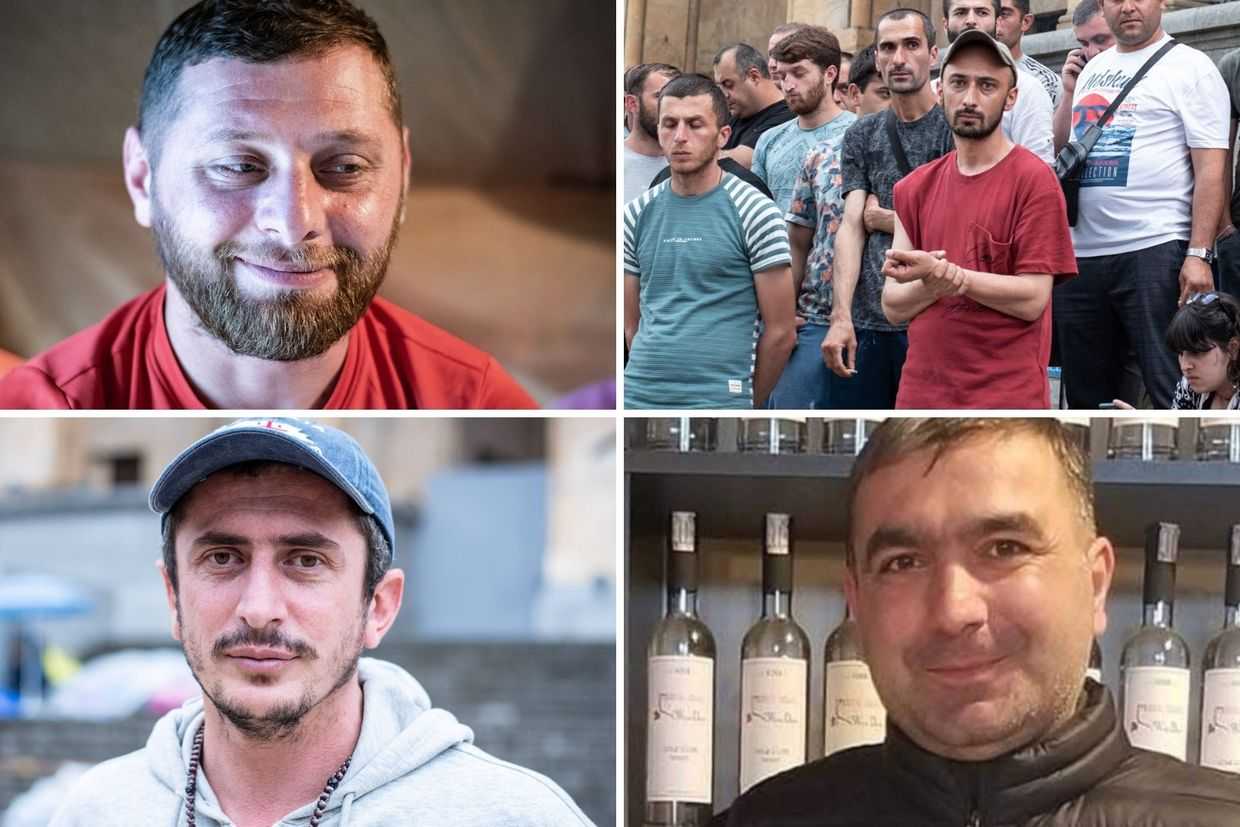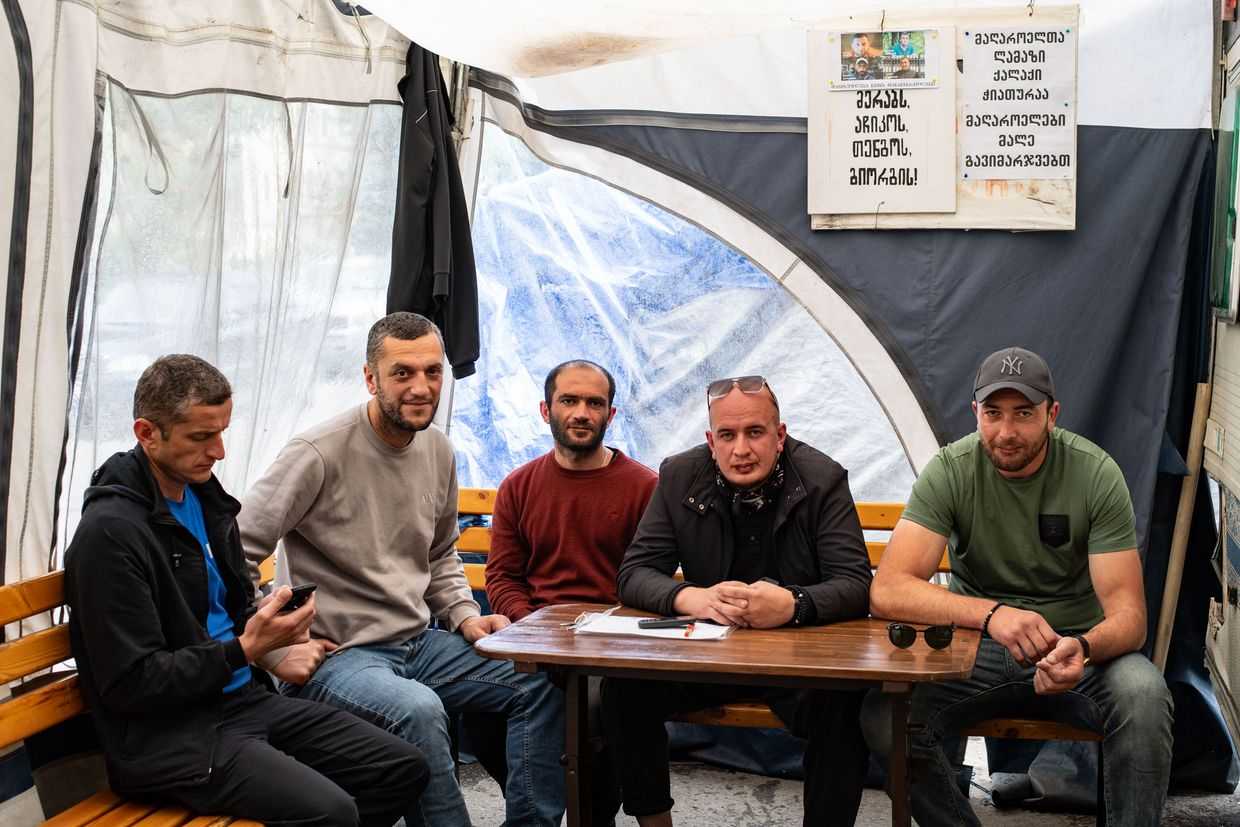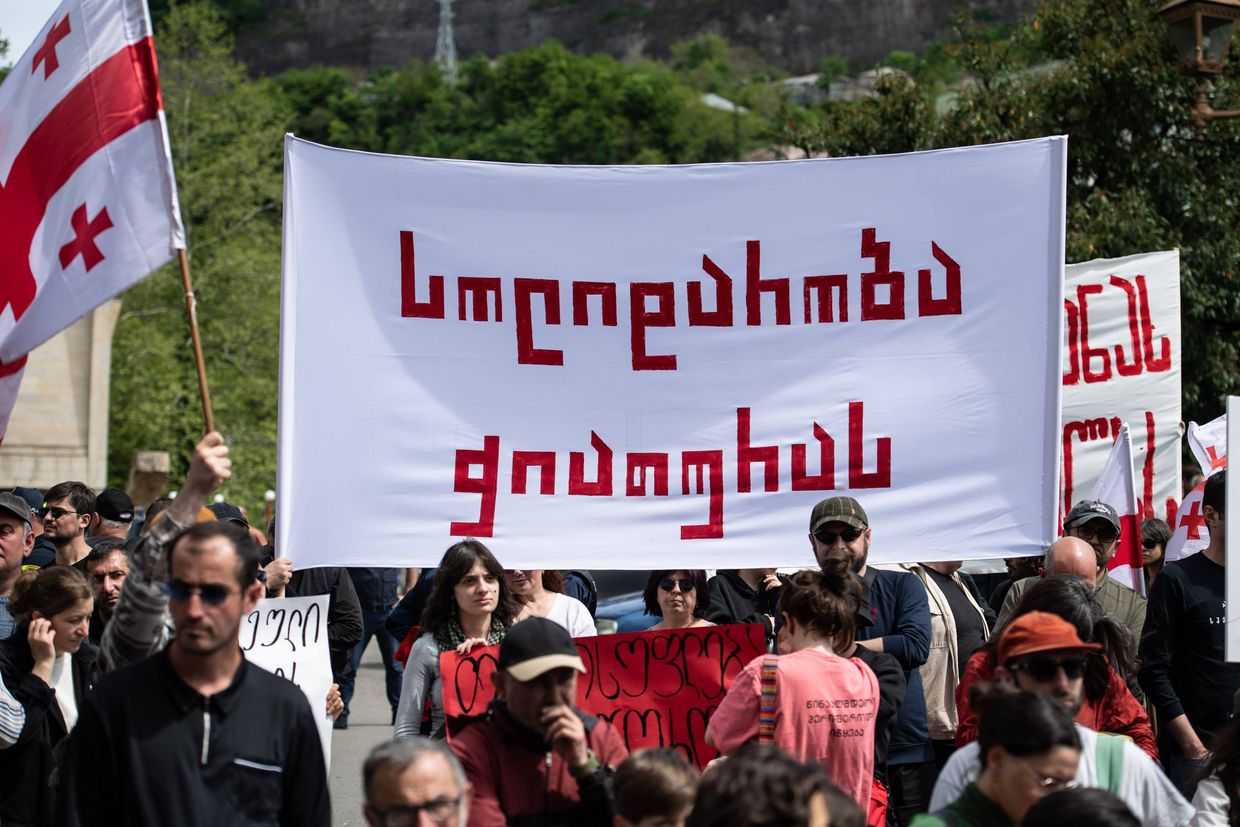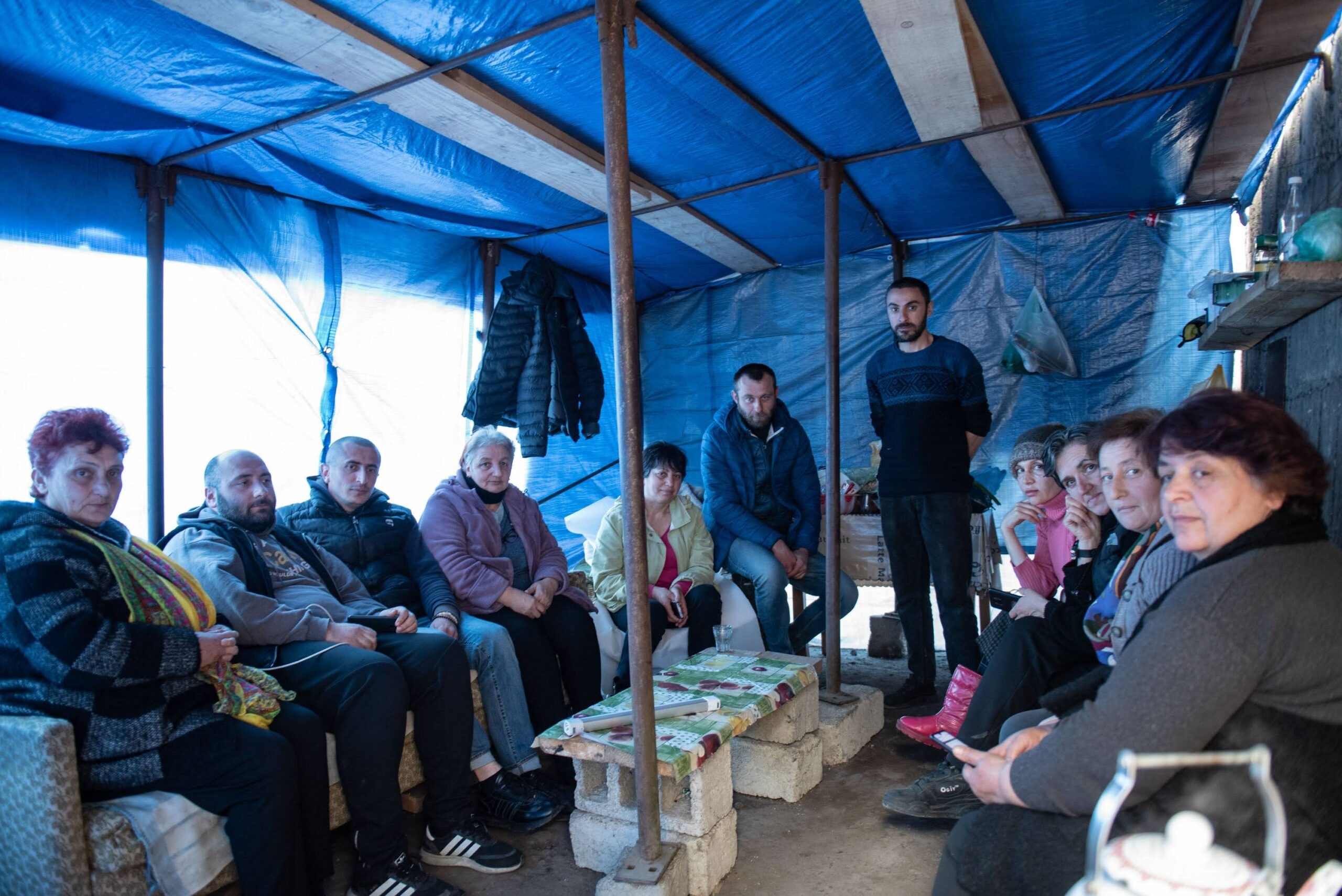
Georgia’s General Prosecutor’s Office has begun criminal prosecution of three residents of the village Shukruti, in the mining town of Chiatura, in western Georgia.
On Tuesday afternoon, one of the demonstrators, Giorgi Neparidze, was contacted by an investigator from the police station who told him that he and two other demonstrators, Roman Megrelishvili and Malkhaz Labadze, had to come to the station for questioning.
‘Our answer was that we do not avoid the questioning, [but we demanded that] we be questioned in the presence of the magistrate judge’, Giorgi Neparidze told OC Media.
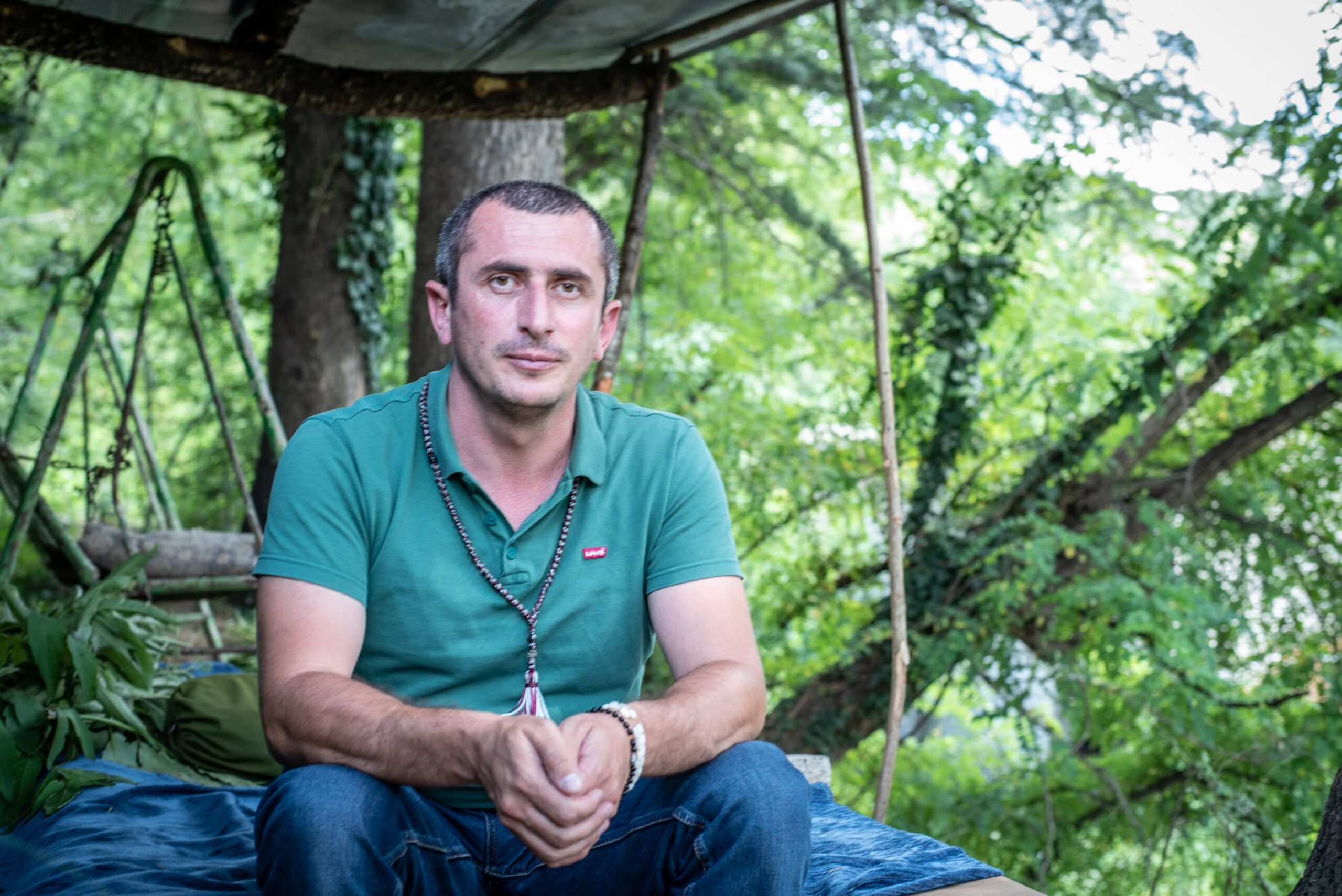
The three men are being charged with Article 226, organisation of or participation in group activity disrupting public order.
The lawsuit filed by the Prosecutor General accuses the three individuals of disrupting the operation of mines in Korokhnali and Shukruti by organising protests at the mines’ entrances.
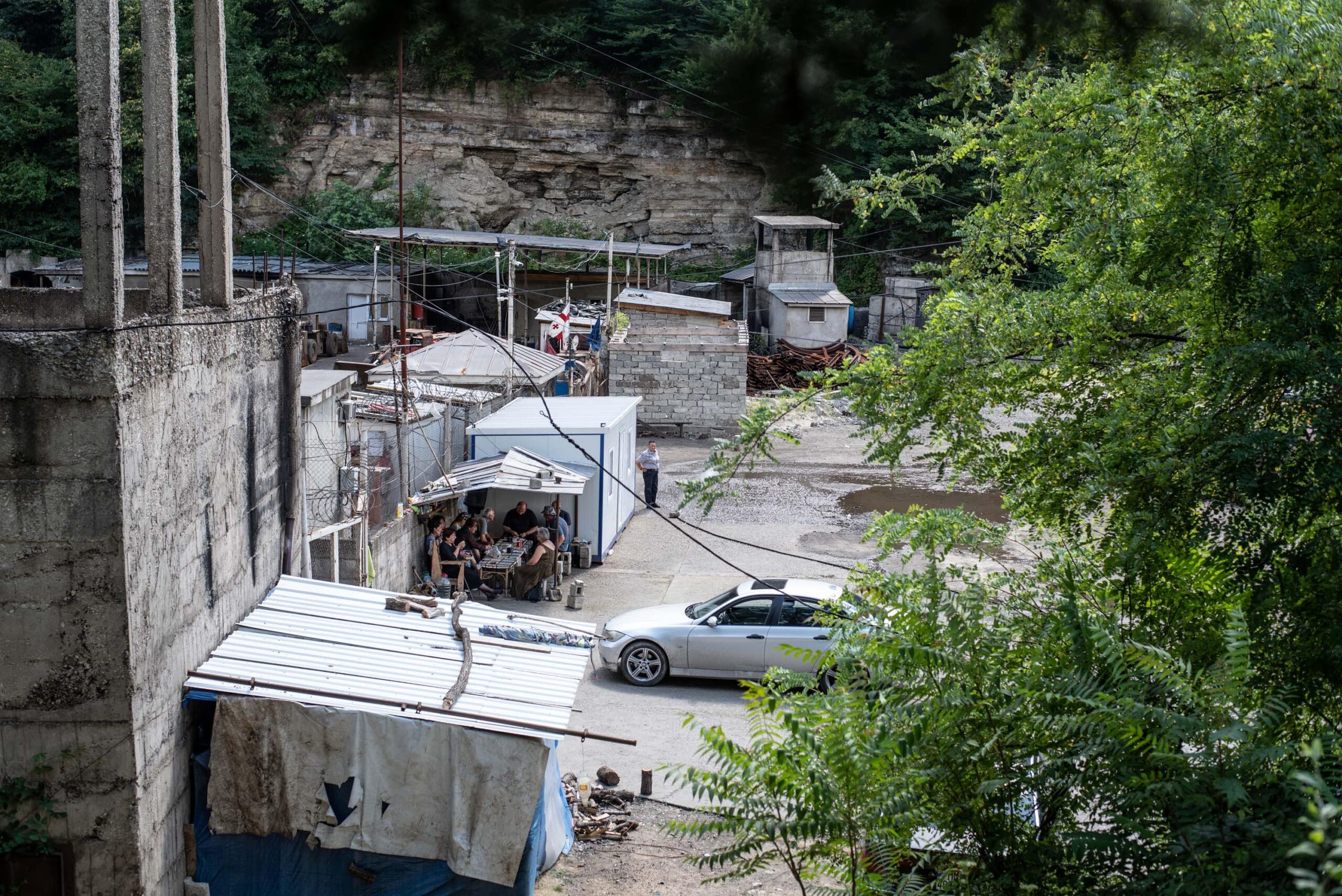
If found guilty, Neparidze, Megrelishvili, and Labadze face up to three years in prison, a fine, 120-180 hours of community service, up to two years of corrective labour, or six months to two years of house arrest.
Georgian Manganese has been accused by locals of sending a group of men to the entrance of the Korokhnali Mine on 20 July to violently disperse a protest outside the mine and reopen it by force.
The mine has been closed for over four months after residents of the nearby village of Shukruti began blockading the entrance. Residents say the mine is causing their village to collapse, and they are demanding compensation.
The men eventually left and the protest resumed. Protesters claimed to have recognised senior managers from Georgian Manganese amongst the men who attacked them.
[Read more: Georgian Manganese accused of sending unidentified men to reopen mine by force]
Residents of Shukruti have seen their houses collapse, roads damaged, and crops failing to grow for years due to mining by Georgian Manganese underneath their village.
Demonstrators have been demanding adequate compensation, and for that compensation to be evaluated by independent experts. As Kutateladze told OC Media, the compensation offered by the company is meagre and does not correspond to the damage that was done to the residents and their property.
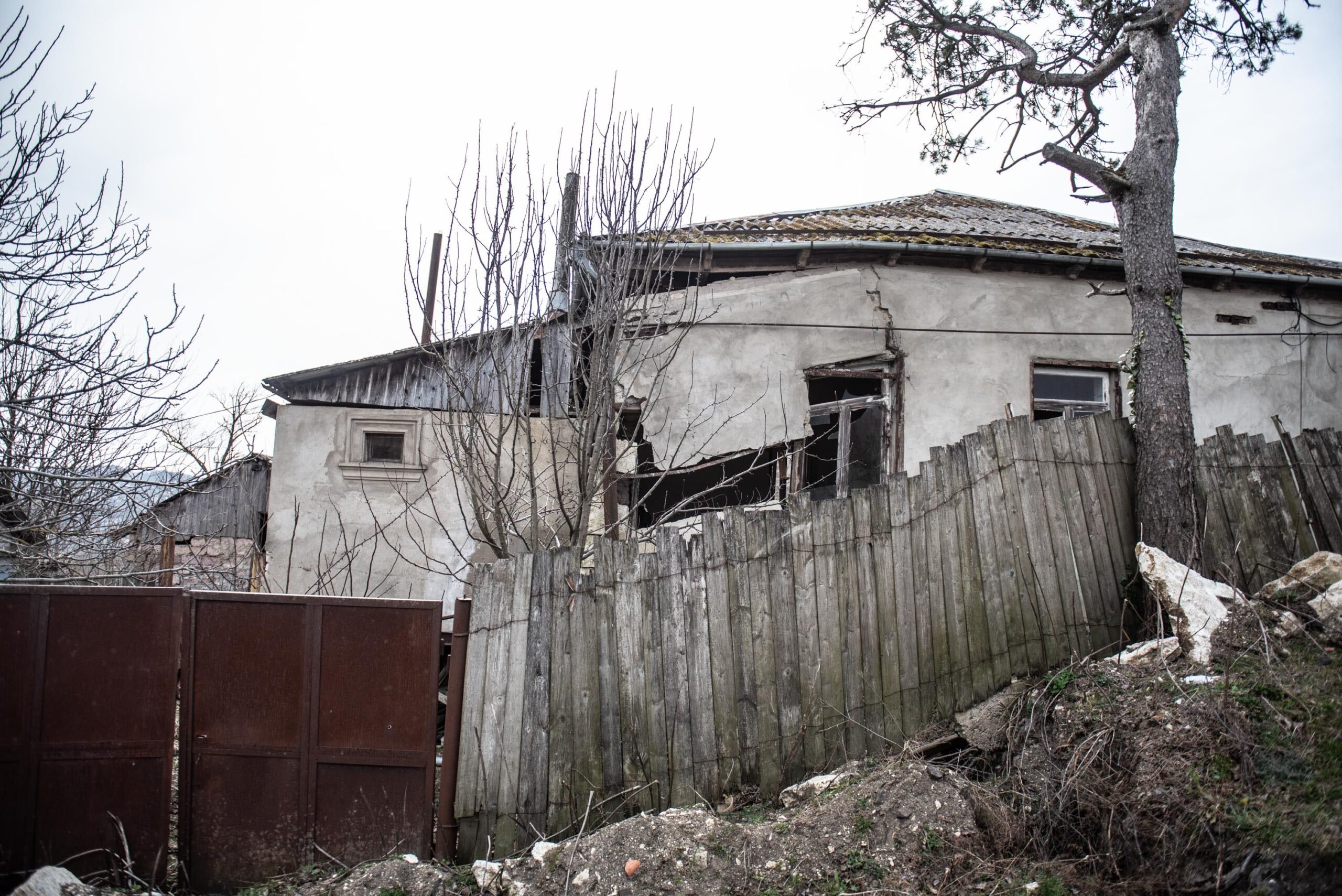
The prosecutor’s office formally filed charges against Neparidze, Megrelishvili, and Labadze on Wednesday afternoon.
‘We are ready to go to prison’
The prosecutor’s office told OC Media on Wednesday that they would enquire regarding details of the case, but had failed to provide any information by the time of publication.
Giorgi Neparidze told OC Media that ‘such criminal approaches’ from the authorities provided them with ‘further motivation’ to protest.
‘All this serves to prevent people from raising their voices in defence of their home, their front door, their father’s and grandfather’s graves, and the village where they were born and grew up’, he said.
‘Probably, [Georgian Manganese] want to show this as an example to everyone, so that others don’t raise their voice […] But, we have already been through [such experiences]’, said Neparidze. ‘And if they have to arrest us, completely righteous people, [because we] protect our homes, we are ready to go to prison — we are innocent people, [completely] in the right’.
Neparidze added that the protesters had not violated the law by demonstrating, and had the right to do so.
According to him, prior to the protest, residents met with the company’s representatives, who asked for two weeks to assess the situation. As no-one contacted them during or following the deadline, the residents pitched their tents at the entrance to the mine on 13 March.
‘After that [two-week deadline], we officially stated to the Georgian Manganese company, that if they did not take effective steps to solve this problem […] we would be forced to begin a protest. We submitted an official application to the company, the local municipality, and the police department’.
‘On the 140th day [of the protest], we were charged, and today it’s been 141 days that we have a tent [set up] and [we are protesting] to protect our living environment’, said Neparidze. ‘We had no other choice, we signed an agreement in 2021 […] but unfortunately, they did not fulfil even one point of the signed agreement’.
Kutateladze stated that the situation in Chiatura is rapidly worsening, and becoming life-threatening.
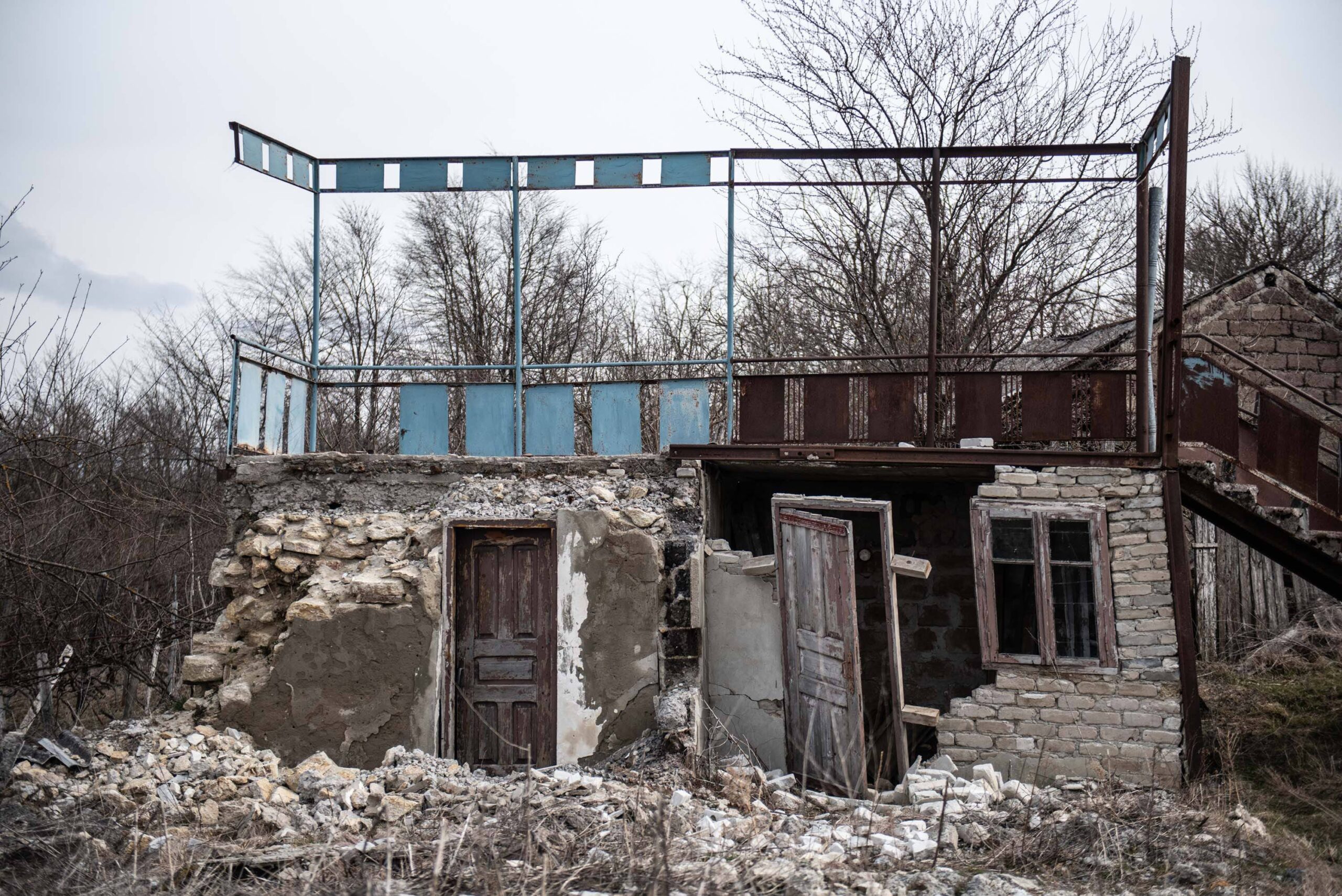
‘In Chiatura […] the houses are practically collapsing and whether residents will be alive tomorrow is under a serious question mark, because everything sinks into the mud and as time goes by the situation becomes more critical’.
Kutateladze added that he expected the situation to become ‘more tense’ in light of both broader political processes in the country and this case in particular.
‘Up until this stage, the state did not interfere so directly and there was no pressure from [state] services, and now, when it turns out that the state has agreed to these conditions, it is possible that the situation could develop in any way, and it is difficult to predict’, he said.
OC Media asked for clarification from Georgian Manganese, but their spokesperson did not return our calls or respond to messages.



